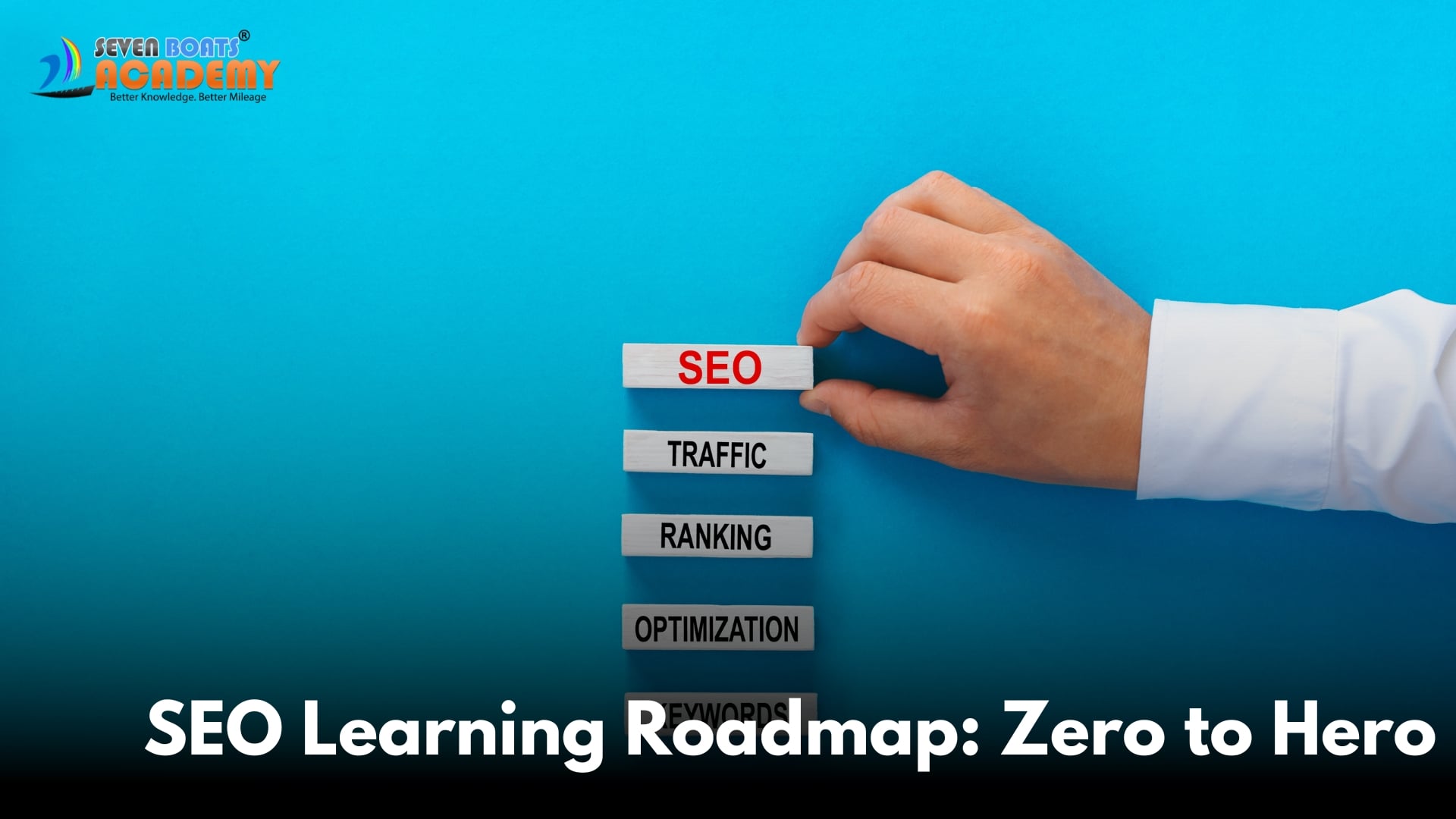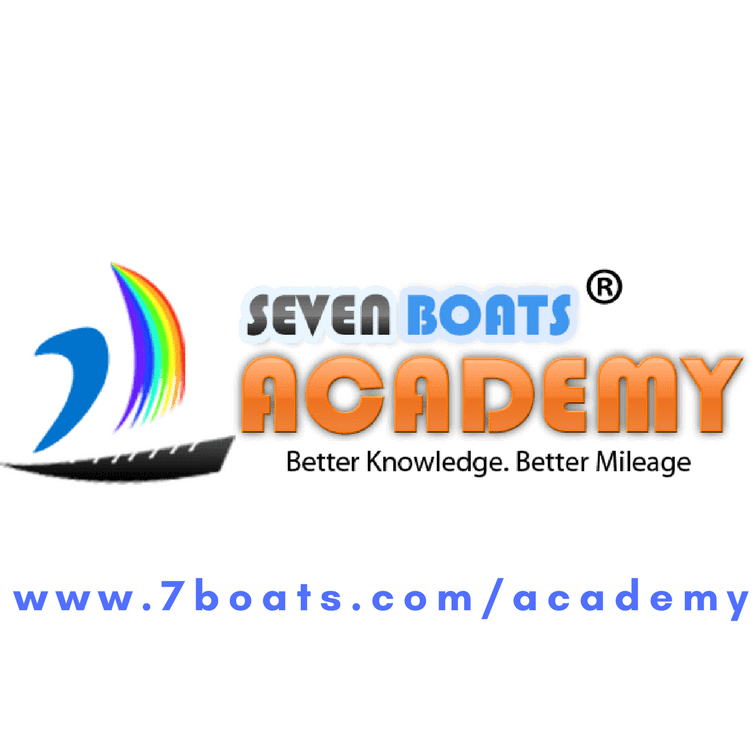
Are you ready to dive into the world of SEO but don’t know where to start? Maybe you’ve heard people throw around terms like “keywords,” “meta descriptions,” and “backlinks,” but you’re still scratching your head. Don’t worry. This SEO learning roadmap guide is here to break it all down for you in a way that makes sense, step by step. By the time you’re done reading, you’ll know exactly what to learn, where to start, and how to level up your SEO skills like a pro.
What is SEO, and Why Should You Care?
SEO stands for Search Engine Optimization. In simple terms, it’s the process of making your website more visible on search engines like Google. Why is this important? Because if people can’t find your site, it doesn’t matter how amazing your content is.
Imagine owning a restaurant that’s hidden in a back alley with no signs. SEO is like putting up neon signs, handing out flyers, and making sure your restaurant shows up on maps. It’s how you bring traffic (aka visitors) to your digital doorstep.
Who Needs SEO, Anyway?
The short answer? Anyone who has a website. Whether you’re a small business owner, a blogger, or someone building a personal brand, SEO can help you get noticed. It’s especially important if you want to:
- Rank higher on Google.
- Attract more organic (free) traffic.
- Get more leads, sales, or subscribers.
Even if you’re a total beginner, learning SEO can give you an edge, whether you’re doing it for your own website or planning to offer it as a service.
Where Do You Start with your SEO learning?
SEO might seem overwhelming at first because there are so many pieces to the puzzle. But don’t stress—it’s all about learning the basics first and building from there. Here’s a simple roadmap to guide you.
Step 1: What Are the Foundations of SEO?
Before you dive into advanced techniques, you need to understand the core concepts. These are the building blocks:
- Keywords: These are the words or phrases people type into search engines. For example, “best pizza near me” is a keyword. Learning how to find and use the right keywords is the backbone of SEO.
- Search Intent: Why is someone searching for something? Are they looking for information, a product, or a solution? Matching your content to their intent is key.
- On-Page SEO: This is about optimizing individual pages on your site. Think titles, meta descriptions, and headings. More on this later.
- Off-Page SEO: This focuses on things outside your website, like backlinks (when other sites link to yours) and social signals.
- Technical SEO: This involves making sure your site is fast, mobile-friendly, and easy to crawl for search engines.
How Do You Research Keywords?
Keyword research is where it all begins. It’s how you figure out what your audience is searching for and how you can create content they’ll love. Here’s how to get started:
- Use Free Tools: Google Keyword Planner, Ubersuggest, and AnswerThePublic are great for beginners.
- Check Out Your Competitors: Tools like Ahrefs and SEMrush let you see what keywords other sites are ranking for.
- Think Like Your Audience: What questions are they asking? What problems do they need solved? Write these down.
Once you have a list of keywords, organize them by priority and relevance to your site.
What is On-Page SEO, and How Do You Nail It?
On-Page SEO is all about optimizing the content on your website. Here are the key areas to focus on:
- Title Tags: This is the headline that appears on search engine results. Make it catchy and include your primary keyword.
- Meta Descriptions: These are the short descriptions under your title tag in search results. They should summarize your content and include a call to action.
- Headings (H1, H2, H3): Use headings to structure your content. Your primary keyword should appear in the H1 tag.
- URL Structure: Keep it short and include your keyword.
- Internal Links: Link to other relevant pages on your site to keep visitors engaged.
- Images and Alt Text: Use images to break up text, and always include alt text that describes the image with a keyword.
Check our Free SEO tutorials on 7boats YouTube channel
Why is Content the King of SEO?
No matter how much you optimize your site, you won’t rank without high-quality content. Why? Because Google’s main goal is to deliver value to its users. Here’s what you need to focus on:
- Write for Humans First: Don’t just stuff keywords everywhere. Your content should be useful, engaging, and easy to read.
- Solve Problems: Answer the questions your audience is asking. Be the go-to resource in your niche.
- Regular Updates: Keep your content fresh. Outdated articles can hurt your rankings.
What is Off-Page SEO, and Why Does It Matter?
Off-Page SEO helps you build authority. Think of it as your website’s reputation. Here’s how to boost it:
- Build Backlinks: When high-authority sites link to yours, search engines see your site as trustworthy. Focus on quality over quantity.
- Guest Blogging: Write articles for other websites in your niche. It’s a win-win—you get exposure, and they get content.
- Social Media Sharing: While it doesn’t directly impact rankings, sharing your content on platforms like Twitter, LinkedIn, and Instagram can drive traffic.
How Do You Master Technical SEO?
Technical SEO might sound intimidating, but it’s just about making your site easy for search engines to crawl and understand. Here’s what to check:
- Site Speed: Use tools like Google PageSpeed Insights to test how fast your site loads. Slow sites can hurt your rankings.
- Mobile Optimization: Most users browse on their phones, so your site needs to look good and work well on small screens.
- XML Sitemaps: Create and submit a sitemap to help search engines index your site.
- Fix Broken Links: Use tools like Screaming Frog to identify and fix broken links on your site.
When Should You Measure Your Progress?
SEO is a long game, so don’t expect overnight results. But it’s crucial to track your progress regularly. Here’s how:
- Google Analytics: Monitor your traffic and see which pages are performing well.
- Google Search Console: Check your site’s performance on Google and fix any errors.
- Rank Tracking Tools: Tools like Serpstat or Moz can help you see where your site ranks for specific keywords.
Set monthly goals and review your progress. This helps you identify what’s working and what needs improvement.
Where Can You Learn Advanced SEO?
Once you’ve mastered the basics, it’s time to level up. Here’s where to focus:
- Local SEO: If you’re a local business, optimize your Google My Business profile and get listed in local directories.
- E-commerce SEO: Learn how to optimize product pages, use schema markup, and manage large inventories.
- Voice Search Optimization: With more people using voice assistants like Siri and Alexa, targeting conversational keywords is becoming important.
What Are Some Common SEO Mistakes to Avoid?
Even the best intentions can lead to mistakes. Avoid these common pitfalls:
- Keyword Stuffing: Overusing keywords can hurt your rankings.
- Ignoring Mobile Users: A non-responsive site can drive visitors away.
- Neglecting Analytics: If you’re not tracking your progress, you won’t know what’s working.
How Long Does It Take to See Results?
This is the million-dollar question. SEO isn’t a quick fix—it’s a long-term strategy. You might start seeing improvements in 3-6 months, but consistent effort over time is what leads to lasting results.
Why Should You Keep Learning SEO?
The world of SEO is constantly changing. What works today might not work tomorrow. By staying updated with trends and algorithm changes, you’ll always be ahead of the curve.
Some great resources to follow include:
- Google’s Search Central Blog
- 7boats blogs
- Seven Boats Academy blog
- Moz Blog
- Ahrefs Blog
What’s Next for You?
Now that you have a roadmap, it’s time to take action. Start with the basics, and don’t be afraid to experiment. Remember, every SEO expert was once a beginner. With patience and persistence, you can go from zero to hero in no time.



0 responses on "SEO Learning Roadmap: Zero to Hero"